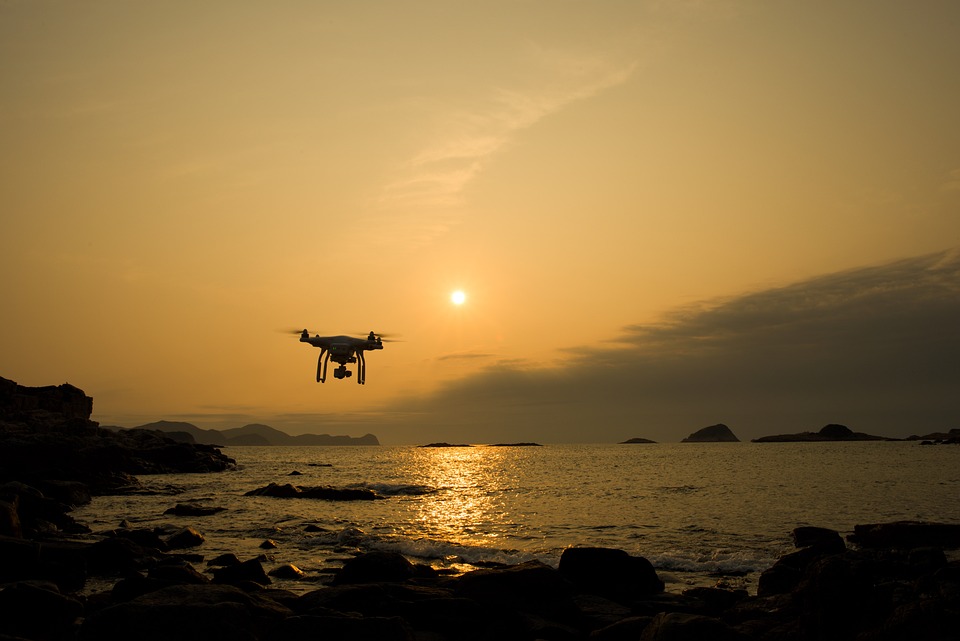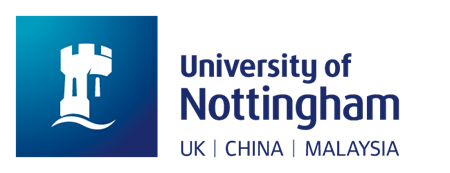Safe Autonomy for Leading Uncrewed Systems
This site showcases the work of the University of Nottingham team on the Trustworthy Autonomous Systems Hub Project SALUS. This page is representative only of the Nottingham branch of the projet.

SALUS is ensuring that the future of drones is safe, fair, and trustworthy
Drones, or uncrewed aerial systems (UAS), are one of the fastest developing technologies in the world. With over 400,000 recreational drones and 360,000 commercial drones registered with the United States Federal Aviation Authority by 2024 (French, 2024), and with even further rapid growth predicted to come, drones appear to be here to stay.
However, this rapid technological evolution is far outpacing the ability of regulators to ensure that drones are deployed safely and fairly. SALUS is a UKRI research project that seeks to highlight key priorities for regulators, airspace users, and the general public in order to bridge this gap.
Trustworthiness
“The willingness of a party to be vulnerable to the actions of another party based on the expectation that the other will perform a particular action important to the trustor, irrespective of the ability to monitor or control that party” (Piric et al., 2019).
Safety
The prevention of physical, economic, and social harm.
Fairness
Equal opportunity to engage in, criticise, or benefit from the systems discussed.
Themes of Trustworthiness
There are many stakeholders involved in UTM, including developers, engingeers, pilots, air traffic management, regulators, corporations, and the general public. Trust between these groups must be established by ensuring all stakeholders have a say in how UTM develops.
Experts involved in UTM trust the technology behind it, but are also aware of a lack of trust from the general public.
Themes of Safety
Standard air traffic management for commercial planes, helicopters, and even general aviation like hot air ballooning and paragliding have existed for over a century. Air traffic management, therefore, has many lessons available for UTM to take away.
However, UAS and UTM introduces new risks to safety, such as cybersecurity issues and electronic conspicuity standards that need to be considered.
Themes of Fairness
UAS introduces many new questions around fairness. Who can access the airspace? Who is affected by drones and in what ways? Who gets the most benefit from UAS and why?
There are positive and negative impacts of UAS uptake, and as a community we must make sure that we are able to answer – and justify our answers to – these questions before they become too entrenched to change.
Publications and Outreach
Despite SALUS still being in the early stages, we are happy to share the outputs we have generated so far. This page will be updated as more of our work is shared.
Trustworthy Airspaces of the Future: Hopes and concerns of experts regarding Uncrewed Traffic Management systems
Conference paper awaiting publication at the Trustworthy Autonomous Systems Symposium, 2024.


Focus Group Summary
We ran our first online focus group in July 2024 and will share our summary slides here as soon as they are finalised and approved.
Safe Autonomy for Leading Uncrewed Systems Project at the University of Nottingham
Contact our PI, Professor Bernd Stahl, at Bernd.Stahl@nottingham.ac.uk




